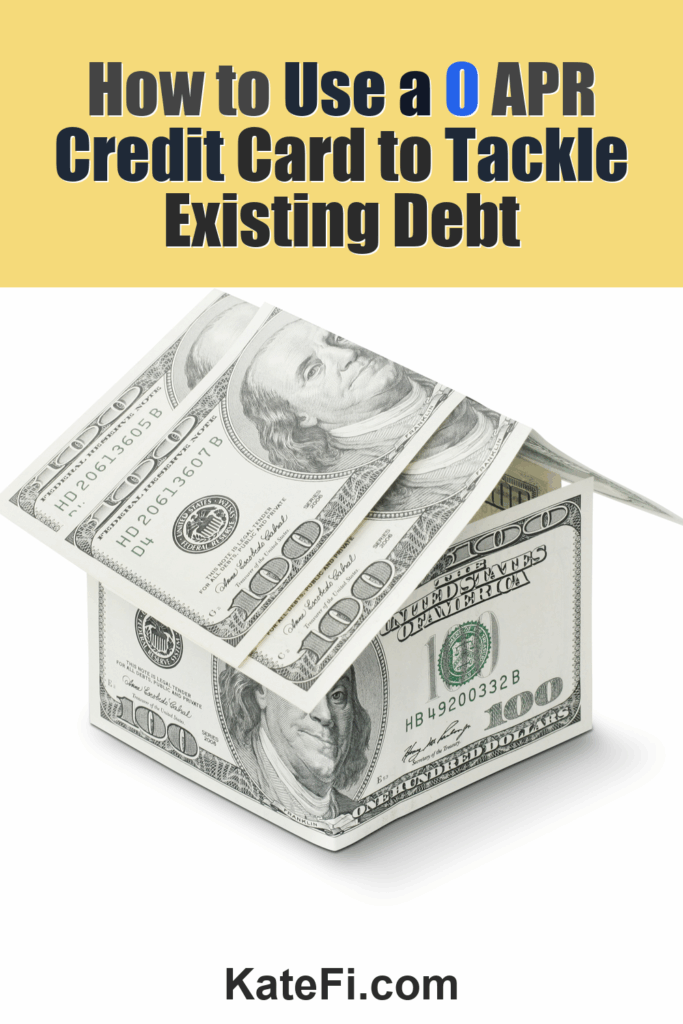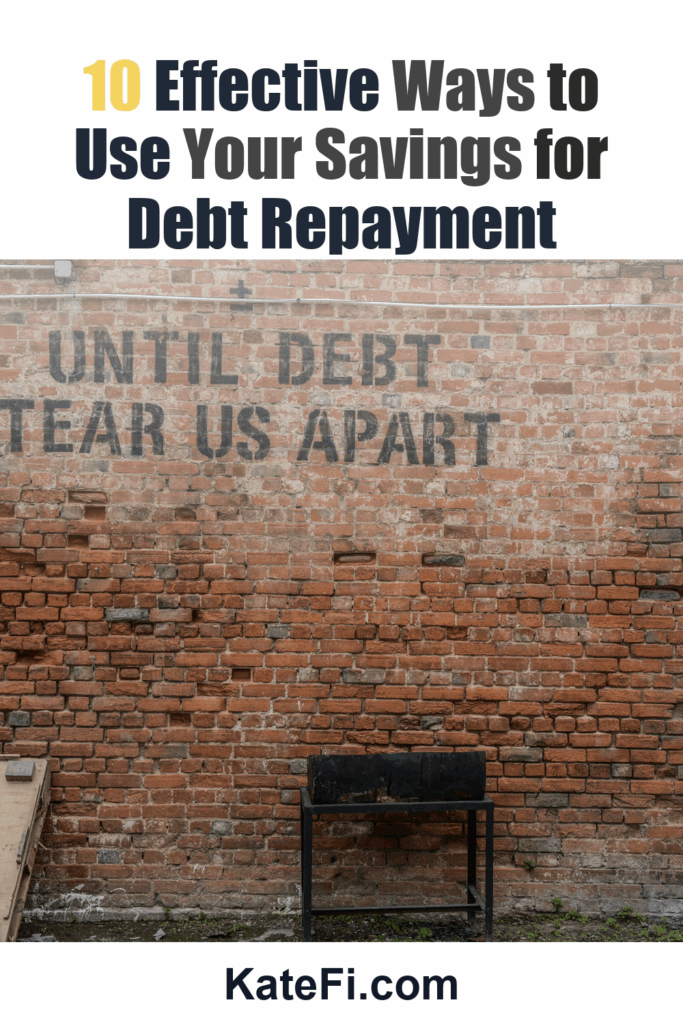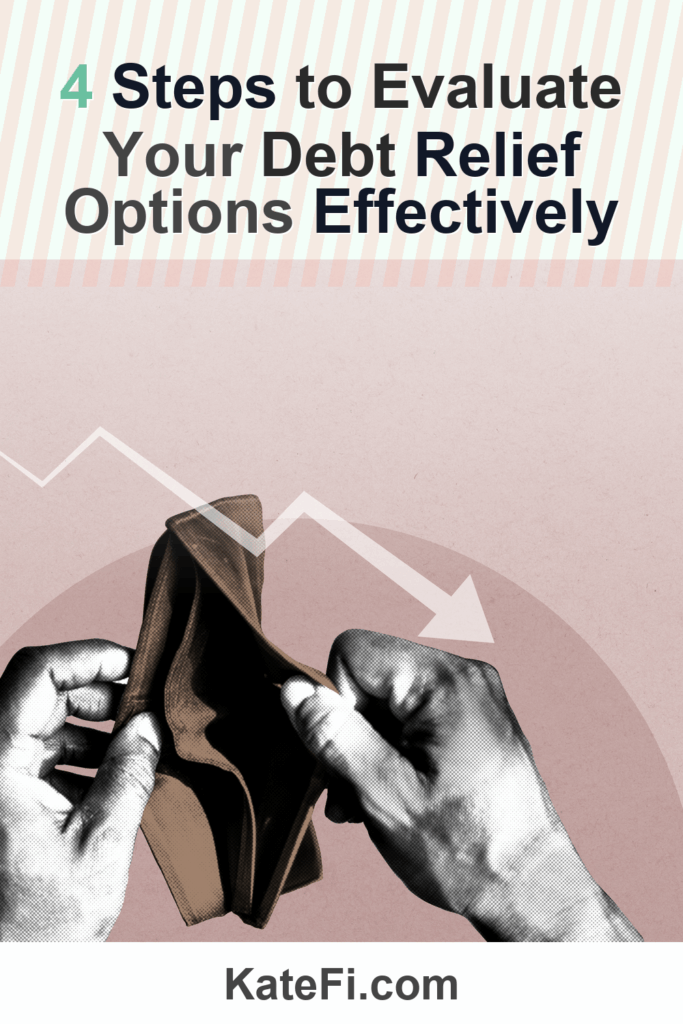5 Signs You’re Overwhelmed by Debt and Need Professional Assistance
In today’s fast-paced world, financial burdens can feel like a heavy anchor dragging you down. The weight of overwhelming debt can be both emotionally and mentally exhausting, leaving you feeling hopeless and stuck. But how do you know when it’s time to reach out for professional help? Here are five key signs that you may be in over your head with debt, and we’ll explore effective solutions like debt settlement, debt consolidation, and debt management plans (DMP). By the end of this post, you’ll have a clearer understanding of your options and the best way forward.
Love our content? Show your support by following us — pretty please!🥺
FOLLOW ON PINTEREST
Hi! I’m Kate, the face behind KateFi.com—a blog all about making life easier and more affordable.
1. You’re Struggling to Make Minimum Payments
Understand pros/cons of settlement vs consolidation vs DMP for your exact mix of debts.
Not available in IL, KS, OR, TN, UT, WV.
If you find yourself missing payments or only able to make minimum payments on your debts, this is a significant warning sign. When minimum payments are your only option, it may feel like you’re stuck in a never-ending cycle of debt, where interest keeps piling up and your total balance barely moves.
Pros and Cons of Professional Help:
- Pros: A professional can help you create a manageable budget, negotiate lower interest rates, or settle for less than you owe.
- Cons: There may be fees involved, and results vary based on individual circumstances.
If you relate to this sign, consider seeking out a free consultation with a debt relief expert to evaluate your situation.
✅ See If You Qualify for Debt Relief
2. You’re Using Credit Cards for Everyday Expenses
Turning to credit cards for basic living expenses is a clear indicator that you’re overwhelmed. When your paycheck isn’t enough to cover groceries, gas, or utility bills, it may feel like you’re using credit as a lifeline. Unfortunately, this habit can spiral quickly into significant debt, making it even harder to escape.
Considerations for Debt Relief:
- Debt Settlement: Could potentially reduce your overall debt amount, but it may impact your credit score negatively.
- Debt Consolidation: This involves combining multiple debts into one loan, often with a lower interest rate. However, you may need good credit to secure a favorable rate.
Before choosing a path, think about gathering your financial documents to speed up the consultation process.
3. You’re Experiencing Stress or Anxiety About Your Finances
👉 Start Your Free Debt Relief Review
Not available in IL, KS, OR, TN, UT, WV.
Financial stress can be debilitating. If you’re frequently anxious or stressed out over money matters, it may be time to take action. The toll that debt takes on mental health is well-documented, and ignoring the problem can lead to further complications in your life.
Pros and Cons of Seeking Help:
- Pros: Getting professional help can provide clarity and a structured plan to regain control of your finances.
- Cons: The emotional impact of debt may take time to resolve, and commitment is necessary to see results.
Don’t let stress rule your life. Take the first step toward peace of mind by contacting a debt relief service for a complimentary assessment.
✅ See If You Qualify for Debt Relief
4. You’re Facing Collection Calls or Legal Action
If you’re receiving persistent calls from creditors or have been served with a lawsuit, your debt situation has reached a critical point. Ignoring these issues can lead to severe consequences, including wage garnishment or loss of assets.
Actionable Steps:
- Consider a Debt Management Plan (DMP), which can help you consolidate payments and negotiate with creditors, potentially stopping collection actions.
- Debt Settlement may also be an option if you’re unable to repay the full amount owed.
Understandably, facing legal actions can be terrifying. Speak with a professional who can guide you through your options.
5. You Don’t Know How Much Debt You Have
If you’ve lost track of your total debt or avoid looking at your statements out of fear, it’s time to confront the reality of your situation. Knowledge is power, and understanding your financial landscape can help you make informed decisions.
Checklist for Review:
- List all outstanding debts and their interest rates.
- Gather monthly statements from each creditor.
- Review your budget to determine cash flow.
Once you have this information, it will be easier to discuss potential solutions during your consultation.
✅ See If You Qualify for Debt Relief
Comparing Debt Relief Options: Settlement, Consolidation, and DMP
When you’ve recognized the signs that you need help, understanding the options available to you becomes crucial. Here’s a breakdown of three common methods: debt settlement, debt consolidation, and debt management plans.
| Debt Relief Option | Pros | Cons | Best For |
|---|---|---|---|
| Debt Settlement | Can lower overall debt; typically quicker process. | May negatively impact credit score; possible tax implications on forgiven debt. | Those with significant debt and limited income. |
| Debt Consolidation | Simplifies payments; potential for lower interest rates. | Requires good credit; can lead to additional debt if not managed wisely. | Those with multiple debts seeking to lower interest rates. |
| Debt Management Plan (DMP) | Can stop collection calls; easier to manage single monthly payment. | May take longer to achieve freedom from debt; some fees involved. | Those struggling with high interest and credit card debt. |
Each of these options serves different financial situations. It’s essential to weigh the pros and cons based on your unique circumstances and financial goals.
The Impact on Your Credit Score
It’s important to remember that each debt relief option can affect your credit score differently. Generally, debt settlement can result in a more significant drop in your score compared to a DMP or consolidation. Understanding these impacts and planning accordingly can help you make a more informed decision.
When considering professional assistance, it’s helpful to gather the following documents to ensure a smooth consultation:
- Recent credit reports
- Monthly income statements
- Outstanding debt statements
- Proof of living expenses
Conclusion
If you’re experiencing any of the signs discussed in this post, don’t wait until it’s too late to take action. Seeking professional help can provide you with a tailored approach to tackling your debt. Remember, the earlier you act, the more options you may have.
If you’re ready to take that first step towards financial freedom, consider getting a free consultation to explore your debt relief options. Whether it’s settlement, consolidation, or a DMP, there’s a solution out there for you.
✅ See If You Qualify for Debt Relief
Important: This content is for education only—not legal, tax, or financial advice. Results and eligible programs vary by situation and state. Fees apply if you enroll and complete a program. Debt relief can affect credit; missed payments may lead to collections/lawsuits. Not available in IL, KS, OR, TN, UT, WV.
Take control of your finances today—don’t let debt dictate your life any longer!






















